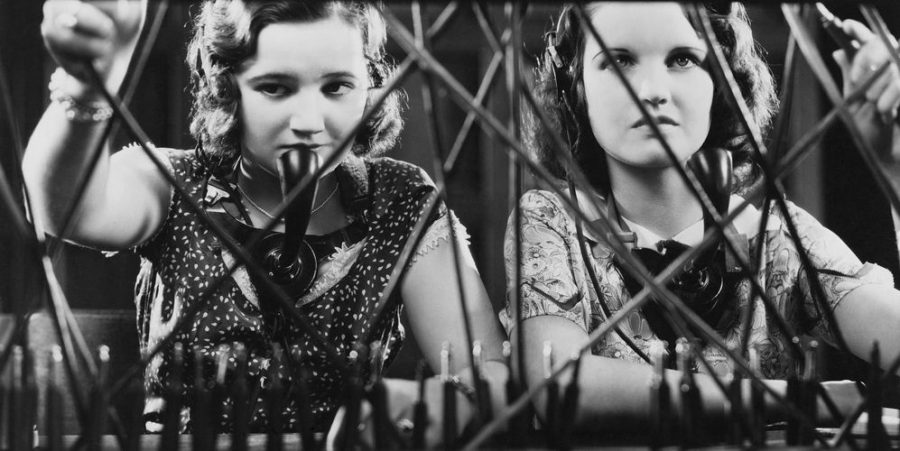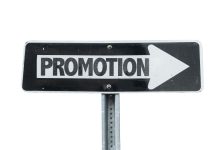With the DoJ’s revised opinion of the Federal Wire Act having been knocked out of the park by District Court Judge Paul Barbadoro of New Hampshire District Court last week, we take a look at some of the many reactions that have been publicly aired over the following days.
David Briggs, CEO of Geocomply, hinted that it was very much early days in the wake of the new ruling, but pressed home the need for full compliance on geolocation requirements. “It is too early to speculate what, if anything, will come from the Department of Justice’s latest interpretation of the Wire Act,” he offered. “Regardless of this new opinion from DoJ, it remains true that, based on existing federal statutes, any state is free to authorize online wagering, as long as they put in place the appropriate safeguards to ensure compliance with an intra-state system.
He added: “A core requirement is that the appropriate geofencing tools are used such that online wagering only occurs within the territory where the operator is approved. GeoComply, is already enabling states and operators to comply with this requirement and we stand ready to continue to provide the checks and balances that ensure compliance with all applicable state and federal laws.
Marc Edelman, Professor of Law at the Zicklin School of Business (City University of New York), quoted in Forbes, believes New Hampshire DC’s ruling won’t do any favors for sports betting interests. He noted: “For sports gambling operators, Monday’s decision is legally neutral, but arguably undesirable for lobbying purposes. Despite some of what has been reported by the mainstream media, Monday’s federal court decision does nothing to aid the legal position of the sports gambling industry.
“Under every conceivable interpretation of the Wire Act, including the one adopted on Monday by the US District Court, interstate sports gambling clearly falls under the ambit of the Wire Act. Thus, while Monday’s court decision seems to bless the legality of interstate poker compacts, it does nothing to support the legality of interstate sports gambling compacts.”
GLMS President Ludovico Calvi, meanwhile, hailed the decision as a win for the US lotteries, saying: “This ruling is great news for the State Lottery of New Hampshire and potentially other lotteries as well. The overall implications, scope and impact of this ruling, though, still need to be thoroughly interpreted and evaluated in particular what is the scope of the relief provided by the trial court opinion.
Would this be limited to New Hampshire or more broadly interpreted? The judge declined to support nation-wide injunctive relief. What does it mean for a trial court judge to “set aside” the opinion of a federal agency? In any case, I would not be surprised if other District judges would follow suit.”
Anthony Cabot, Distinguished Fellow of Gaming Law, UNLV Boyd School of Law, was among several who predicted that the DoJ will appeal the New Hampshire ruling. He commented: “The Federal District Court in New Hampshire officially set aside the 2018 OLC opinion that the Wire Act extends beyond sports wagering. The DOJ will likely appeal the decision to the circuit court, which is an unfortunate waste of taxpayer money. In the interim, this should quell some of the anxiety surrounding the DOJ’s precipitous and politically charged change of direction. Judge Barbadoro’s decision is well reasoned and written.”














